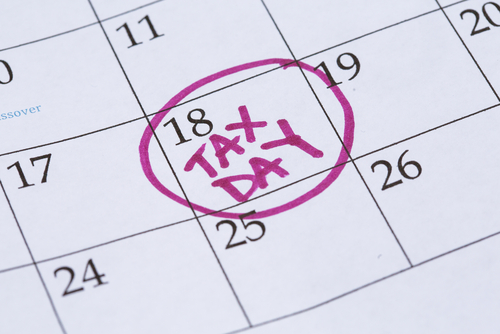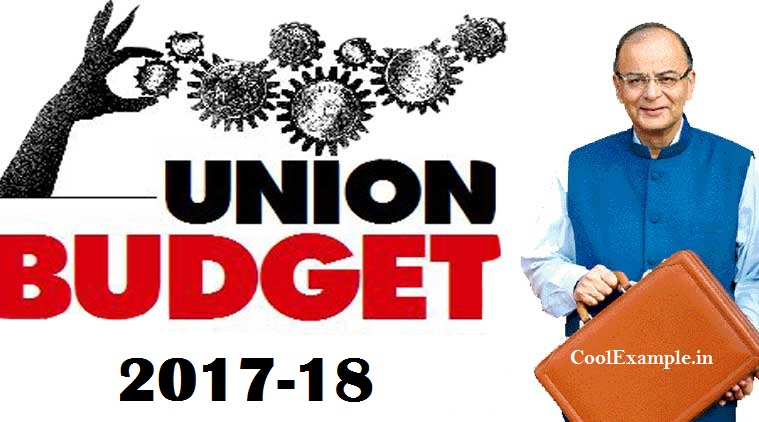5 Tax Saving Tips for Startups

5 Tax Saving Tips for Startups
Starting your own business can be overwhelming and daunting, but wait until tax matters get into the picture. A lot of new entrepreneurs don’t realize that business tax is very different from personal tax.
If you’re a new entrepreneur and you failed to check and understand the tax needs and best taxation practices that apply to your situation, you could end up overpaying the government with taxes or, worse, deal with a tax nightmare with the internal revenue bureau later on.
As a business owner, you would want to improve your bottom line as much as possible. You can start saving money on taxes with these tips.
-
Keep Your Personal and Business Finances Separate
Comingling your business and personal finances is a bad practice, but separating the two is something some entrepreneurs fail to observe and follow. Sometimes, it’s just easier to draw out money for both your personal and business expenses from one source or bank account, but this is very risky.
Separating business and personal transactions allow you to:
- Make things more transparent. You would know instantly which expenses and tax deductions apply (whether it’s personal or business) without digging into a pile of paperwork.
- Make filing taxes easier. Managing both finances separately and properly allows you to monitor which tax deductions you are most eligible for. It also speeds up the recordkeeping process for accounting and tax purposes.

-
Hire a Tax Professional
At a glance, getting a tax professional to work on your business taxes may seem like an added expense. However, if you can hire an accountant or licensed financial adviser from a reputable network such as Capstone, there’s always the potential to save a good amount of money.
A tax professional is a cost-effective investment that helps you to:
- Look into every possible tax deduction or credit. When you’re busy tending to your business, it’s easy to overlook one or two tax deductions that you can qualify for. A tax professional knows the ins and out of taxation laws and will give you the best chance of saving money on taxes.
- Minimize or eliminate mistakes. A tax professional can prepare your tax returns correctly and properly, so you don’t have to deal with audits that are expensive and stressful.
-
List Home Office in Your Deductions
A lot of new businesses sprout from a home office, but some entrepreneurs are unaware that they can list it as a deduction. It would have saved you some money if you considered a home office as an eligible deduction from the very start.

Some of the aspects you can list down in your home office as deductions include:
- Internet service for conducting business meetings
- Office furniture and supplies
- Mortgage
- Utilities
With that said, you have to make sure that your home office is dedicated to conducting business alone. It doesn’t count if the kids watch TV in the very same room where you work.
-
Stack Away Money Towards Retirement
As soon as your business is established and you see profit coming in, it’s time to start contributing towards retirement and, in the process, save some money from taxes. As a small business owner or solopreneur, you are allowed to make tax-deferred retirement contributions.
This strategy is beneficial for two reasons:
- You are saving money on taxes. Consider retirement contributions as one of the best tax deductions you can make for yourself and your business.
- You are securing your future. You can use the contributions later on in life upon reaching retirement age.
-
Promptly File Your Taxes
Filing taxes is dull and boring to some people, but it doesn’t mean you should skip it or even miss the deadline. Doing so could bring financial havoc to your business as late fees and penalties add up, which means more money for the internal revenue.
To help you file your taxes timely, you can:
- Consider paying quarterly or yearly. This way, you wouldn’t have to wait until the end of the year to get your tax settled. You’ll also pay taxes in smaller, more manageable amounts.
- Maintain and organize your financial records. Waiting until it’s about tax season before you get your hands on receipts, statements, and financial transactions is an excellent recipe for missing your tax filing deadline.
Final Thoughts
Tax planning is a year-round affair, not just when it’s about time to file your taxes. Keep tabs of all your business financial transactions and organize your paperwork, so you can properly and efficiently file for tax returns without the stress and hassle and the expensive consequences.
More importantly, get to know which tax deductions and credits apply to your situation and take advantage of them. Every little saving you can make on taxes could very well be money you could invest back to your business.


 Analysis and Highlights of Finance Budget 2017 – Part 2
Analysis and Highlights of Finance Budget 2017 – Part 2  AS9 (Accounting Standard 9) Simplified Short notes- Revenue Recognition
AS9 (Accounting Standard 9) Simplified Short notes- Revenue Recognition  Service Tax Return FY 2016-17 – Key Changes and Amendments
Service Tax Return FY 2016-17 – Key Changes and Amendments  Mere announcement of a concession does not allow relief if it is not stated in the Finance Act
Mere announcement of a concession does not allow relief if it is not stated in the Finance Act  ITAT Amritsar: No Section 269SS Violation for One-Time Cash Payment Before Sub-Registrar
ITAT Amritsar: No Section 269SS Violation for One-Time Cash Payment Before Sub-Registrar  Tax Officials Unleash Digital Dragnet: How New Raid Powers Redefine Privacy, Property Rights in India and likely to Fuel Corruption
Tax Officials Unleash Digital Dragnet: How New Raid Powers Redefine Privacy, Property Rights in India and likely to Fuel Corruption  Income Tax Department Rewards for Reporting Tax Evasion: A Comprehensive Guide
Income Tax Department Rewards for Reporting Tax Evasion: A Comprehensive Guide  Forfeiture of Gratuity by Employer- What are the Remedies for an employee- Can employer be challenged?
Forfeiture of Gratuity by Employer- What are the Remedies for an employee- Can employer be challenged?